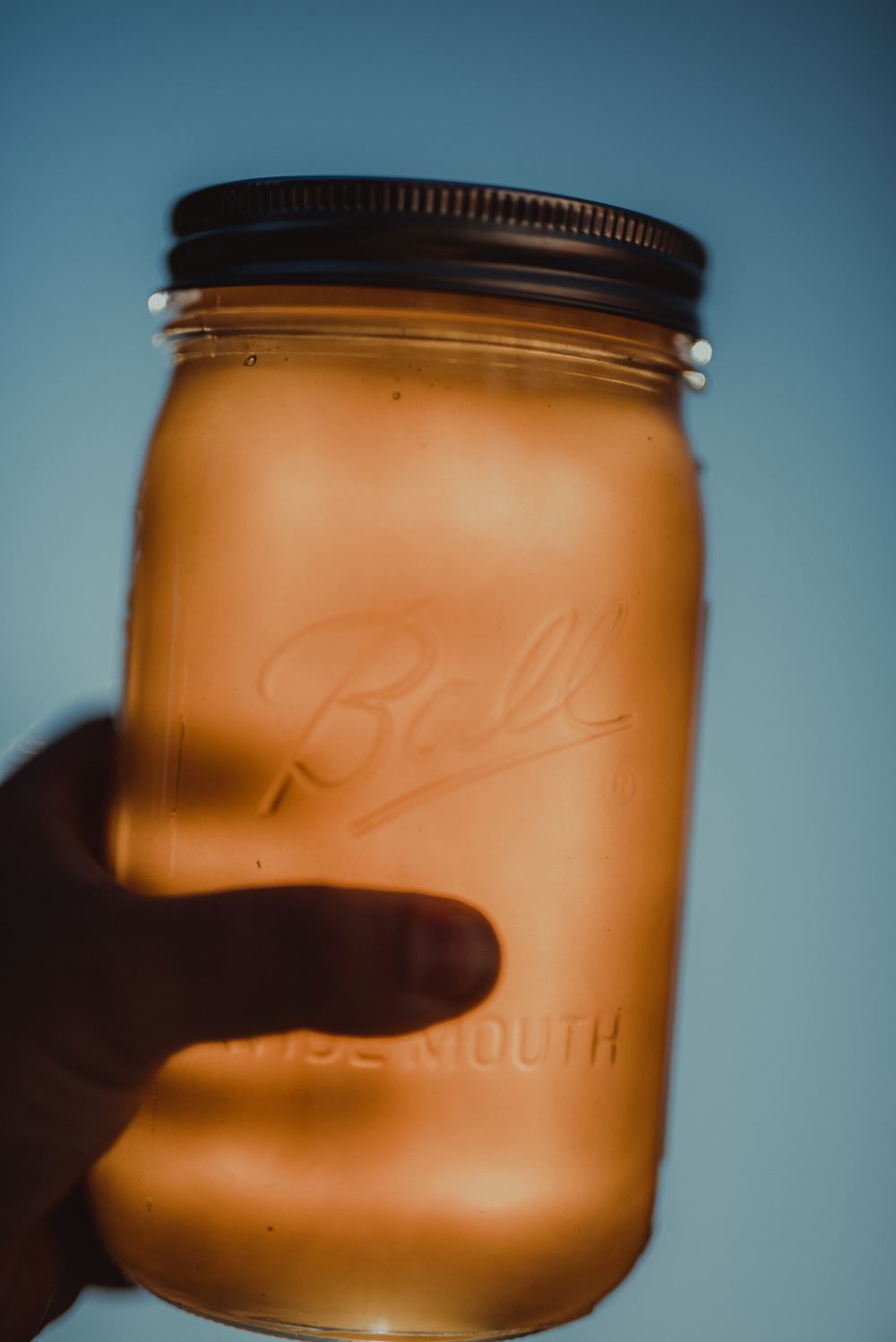
Do You Know Where Your Honey Comes From?
Share
Do you know where your honey comes from?
We only ask because all too often overprocessed, lower quality, adulterated honey is sold as the real deal.
In fact, this month The Guardian reported that almost half (46%) of all the honey tested in the E.U. were suspected of being fraudulent. This hurts the consumer and honest beekeepers alike.
At Mickelberry Gardens, we’ve taken every measure to ensure that our honey is the best quality:
- We only source our honey direct from local beekeepers. We have long-standing relationships with these beekeeping families and have worked with them for many years.
- We have built trust over the years with our beekeepers, and we utilize the principle of "Trust, But Verify". Honey that we receive undergoes several quality and authenticity tests.
- None of these tests are required, but we go above and beyond to ensure our honey is unadulterated and top-quality.
Here is a summary of the analytical tests that we perform on our honey and products containing honey:
- Water Content and Brix Level - these are basic honey quality tests that we can perform in-house.
- SCIRA - this stands for Stable carbon isotope ratio analysis. It is a technique used to confirm the type of plant from which a honey or sugar syrup is made. This test can confirm whether honey has been adulterated with sugar syrup.
- Antibiotic Profile - sometimes, beekeepers use antibiotics on their hives to combat certain diseases and infections. We test our honey to ensure that antibiotics are not present.
- Pesticide Profile - this test looks for a suite of pesticides that are sometimes applied to honeybees by beekeepers to battle mites and other pests that attack honeybee hives.
- USP 561 Pesticides - this is a test for the residue of 70 different pesticides used in agricultural crops.
- HMF - this stands for Hydroxymethylfurfural, and it is a quality test for honey. HMF is an organic compound that forms in sugar when it is heated. It occurs in honey that has been over-heated. It can confirm how fresh honey is, and if it has been kept raw.
We use a contract laboratory for the majority of these tests, and some are performed in Germany.
Being aware of the issues around honey adulteration and substitution is important - the availability of cheaper, adulterated honey and the lack of clear standards make it challenging for companies and beekeepers who are selling a quality product compete.
We look forward to a future where there are clear standards set for calling a product "honey" - but until then, we'll continue to develop our own rigorous protocol to make sure the honey we offer is the best quality possible!
